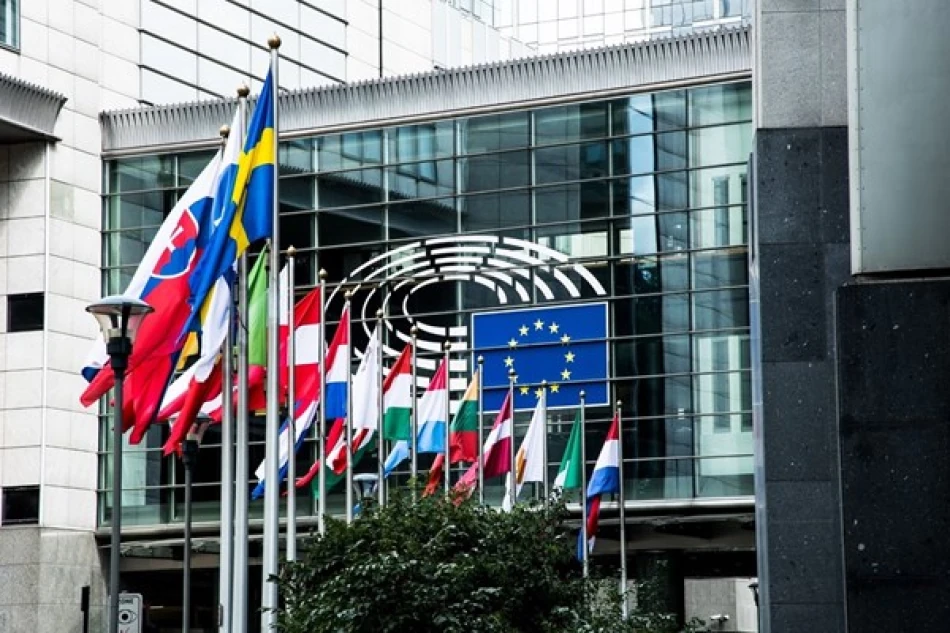
EU Stands with Qatar Amid Regional Tensions: Reaffirming Diplomatic Support
EU Condemns Israeli Air Strike on Doha as International Law Violation
The European Union has strongly condemned an Israeli air strike on Qatar's capital Doha, marking a significant diplomatic escalation that could reshape Middle Eastern alliances and complicate ongoing Gaza ceasefire negotiations. The EU's unusually direct criticism signals growing European frustration with Israel's expanding military operations beyond Gaza's borders.
Diplomatic Fallout Intensifies
In a statement released by the European External Action Service in Brussels, the EU characterized the strike as a clear violation of international law and Qatar's territorial integrity. The condemnation represents one of the bloc's most pointed criticisms of Israeli military action in recent months, reflecting deepening concerns about regional stability.
The EU emphasized its "full solidarity" with Qatari authorities and citizens, describing Qatar as a strategic partner of the European bloc. This language carries particular weight given Qatar's role as a crucial energy supplier to Europe following the continent's pivot away from Russian gas after the Ukraine invasion.
Strategic Implications for Regional Mediation
Qatar's Unique Position at Risk
The timing of this strike could prove particularly damaging to ongoing diplomatic efforts. Qatar has served as the primary mediator between Israel, Hamas, and other regional actors throughout the Gaza conflict, hosting key negotiations and maintaining channels with all parties. An attack on Qatari soil threatens to undermine this carefully cultivated neutrality.
For international mediators and diplomats, Qatar's capital has functioned as a rare safe haven where sensitive negotiations could proceed. Any perception that this sanctuary has been compromised could force mediation efforts to relocate, potentially slowing or derailing ceasefire talks.
European Energy Security Concerns
Beyond diplomatic considerations, the EU's strong response likely reflects economic realities. Qatar supplies approximately 20% of the EU's liquefied natural gas imports, making it an indispensable partner in Europe's energy transition away from Russian dependence. Any destabilization of Qatar could threaten these vital supply chains.
Escalation Risks Mount
The EU's statement explicitly warned against further escalation in Gaza, suggesting European officials view the Doha strike as part of a dangerous expansion of the conflict's geographic scope. Similar concerns have emerged from other regional capitals as military actions increasingly spill beyond Gaza's borders.
This incident follows a pattern of Israeli operations targeting what it considers hostile assets in multiple countries, but striking Qatar—a U.S. ally and major international mediator—represents a significant escalation in terms of diplomatic consequences.
Implications for Future Negotiations
The EU pledged to continue supporting ceasefire efforts, but the practical impact of the Doha strike on these initiatives remains unclear. Qatar's unique position as a country maintaining relations with both Western powers and regional resistance movements has made it invaluable in previous negotiation rounds.
If Qatar's mediation role becomes compromised, alternative venues such as Egypt or Turkey may need to assume greater responsibility, though neither possesses Qatar's particular combination of financial resources, regional relationships, and international credibility that has proven essential in complex Middle Eastern diplomacy.
Most Viewed News

 Layla Al Mansoori
Layla Al Mansoori






